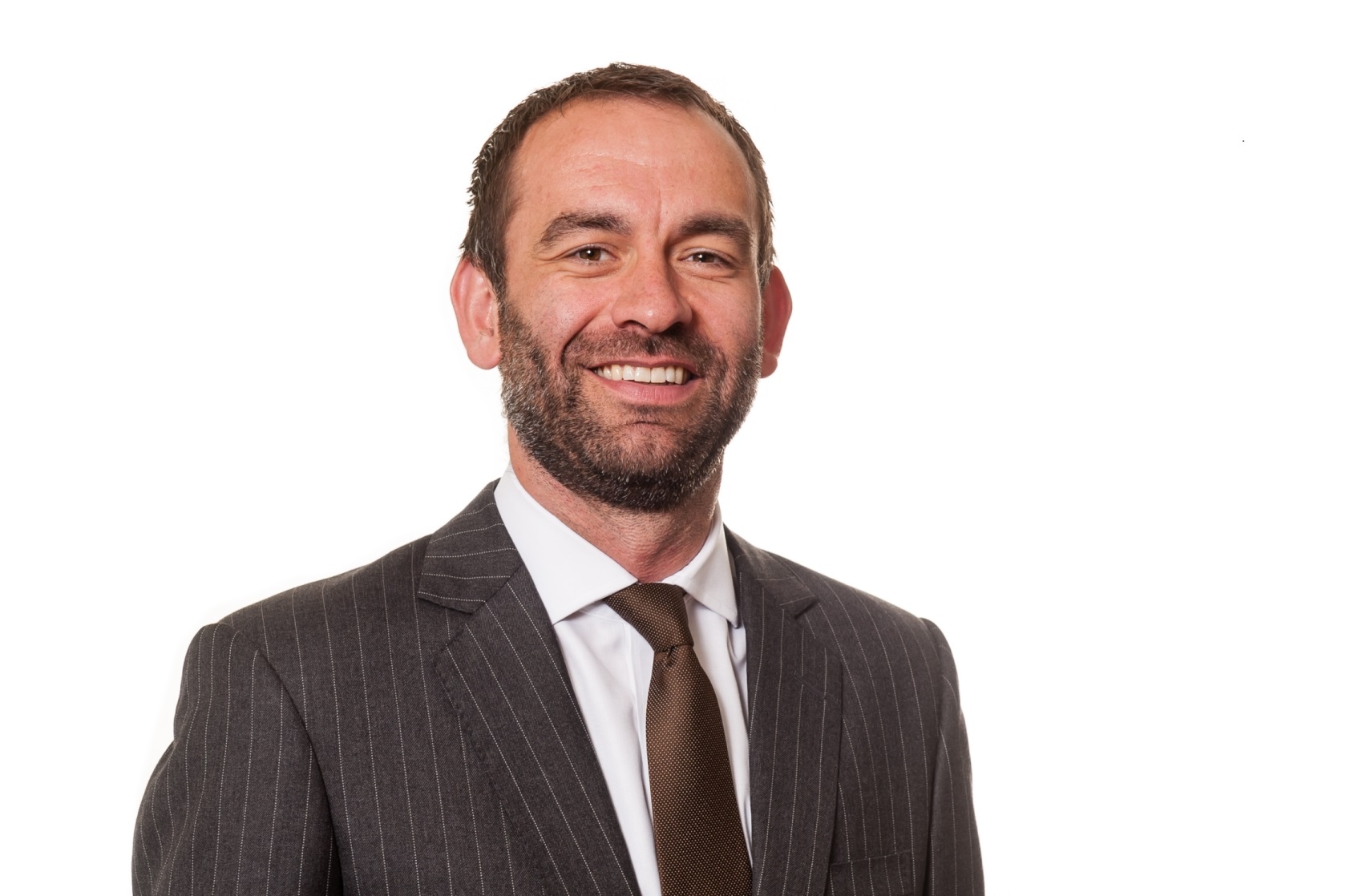Blog
BLOG: Why student accommodation is still growing up

There has been a lot of noise about student property as an investment vehicle in recent years as it has become one of the UK’s strongest asset classes.
With investor numbers growing significantly, attracted by its exceptionally high yields, some are questioning whether it is too good to be true.
Are the high rental yields sustainable? Is purpose-built student accommodation (PBSA) more profitable than houses in multiple occupation (HMOs)? What affect will rising tuition fees have? At the end of the day is the sector maturing sufficiently?
Conveniently, a report published last week by Knight Frank helps to answer many of these questions and explains what the next phase of the sector will bring. It is a must-read for anyone either with an investment in place or under consideration as all aspects of the market are analysed – from regional variations in demand, to rental performance, and the value of creating a distinct brand.
The most impressive statement made is that ‘total returns in the sector have outperformed all other traditional assets classes’ and that this has been the case since 2011. It is this resilience which has attracted so much attention from investors in recent years, especially as it is against the backdrop of a recovering property sector. Knight Frank predicts this will continue well into 2014 thanks to a maturing market and increasing student demand.
While there was some nervousness about whether rising tuition fees would affect student numbers, this hasn’t been the case. After an initial dip, numbers have started to rise again with UCAS reporting that the number of students accepting places in 2013 was at an all-time high and Knight Frank predicts that student numbers will increase 3% next year.
In addition to this the UK’s academic scene is one of the country’s best attractions, meaning that international students are flocking to the UK. The government is making a concerted effort to continue this movement with David Willets, MP and Minister for Universities and Science, stating that government policy is to encourage the predicted rise in international students.
So we’re confident that student numbers are stable but what kind of accommodation can they expect to find? In the coming years it is thought that the sector is going to echo the structure of the hotel industry, with brands and different price points emerging which target clearly defined audiences. By segmenting in this way it means that both investors and students will have a clearer idea of what they are getting for their money. Students will choose a brand based on whatever level of quality they want, from basic single rooms and shared kitchens, to specially-designed bespoke studio apartments with access to communal leisure facilities and social hubs.
This also gives investors a choice as the budget property options which are available obviously mean that the investment has a lower entry point, but potentially lower returns as well. Conversely, luxury student property brands with high specification facilities might have a higher point of entry but the yields will also be greater as students will pay more for it.
Because UK universities are striving to maintain their competitiveness in a global race to find the best students they have recognised the need to provide them with a fantastic overall experience as well as the best academic qualifications.
Accommodation is crucial to this; at the end of the day shared HMOs just don’t compare to private apartments which are specifically designed to aid both social interaction and academic study.
The evidence presented by Knight Frank certainly suggests that the student property market is maturing and from what we can see it is only a matter of time before it reaches adulthood.
Mark Oakes is the chief operating officer of Vita Ventures